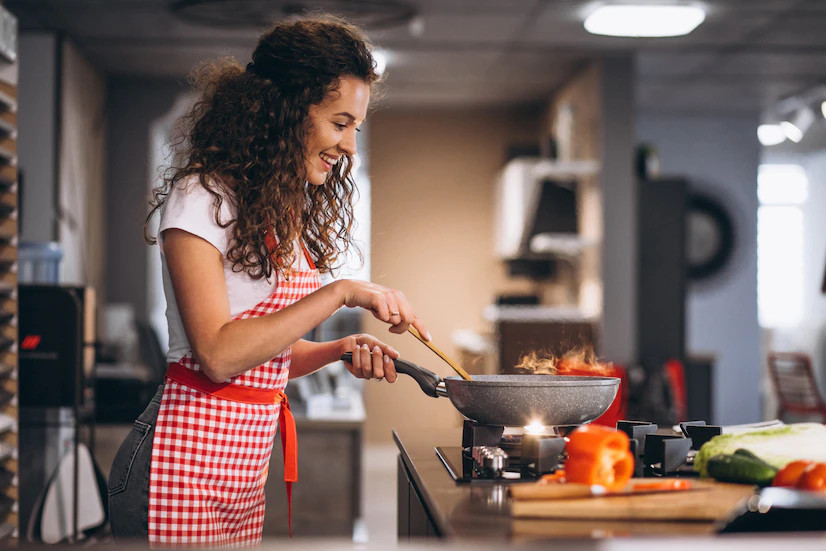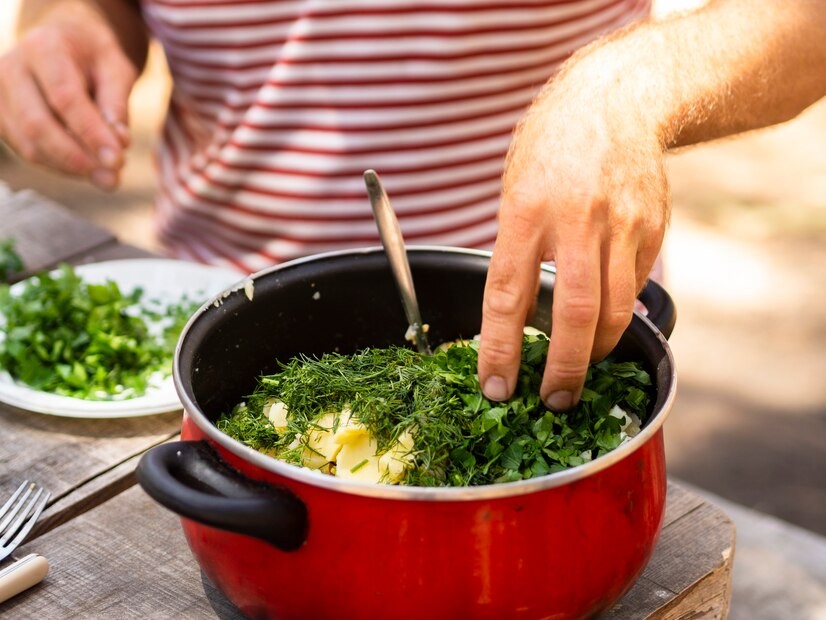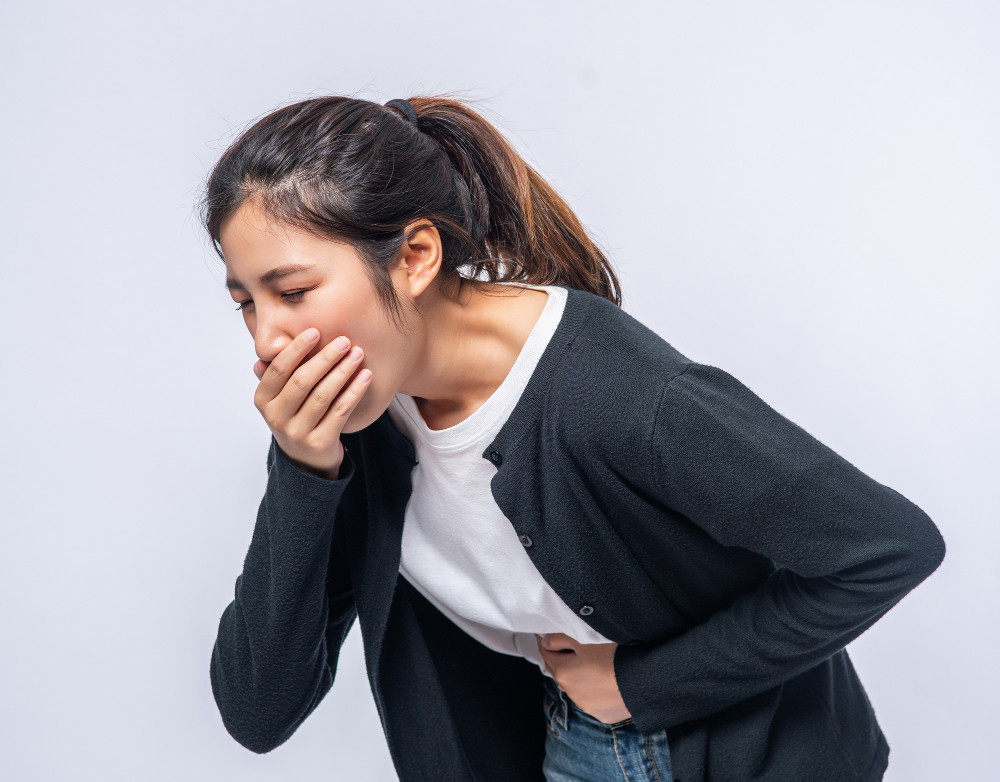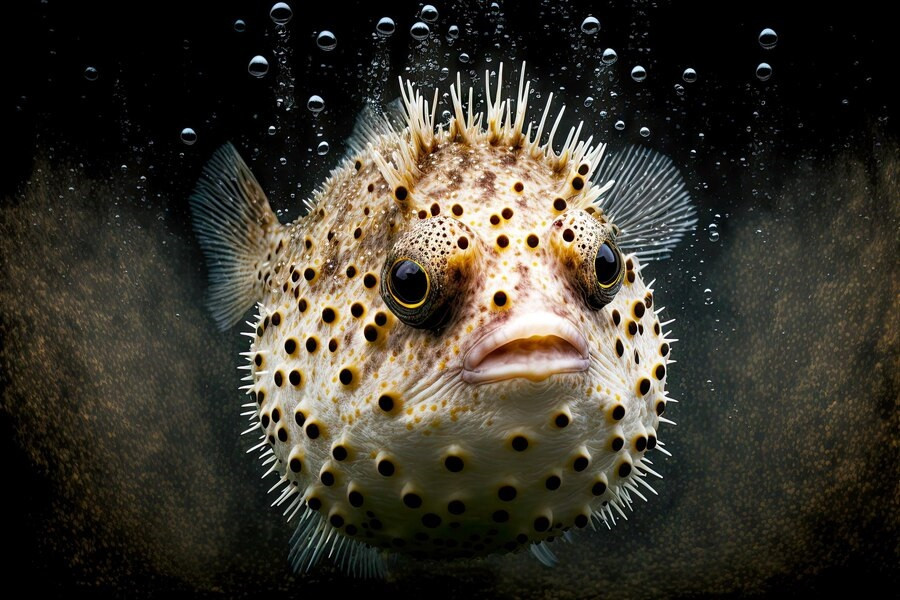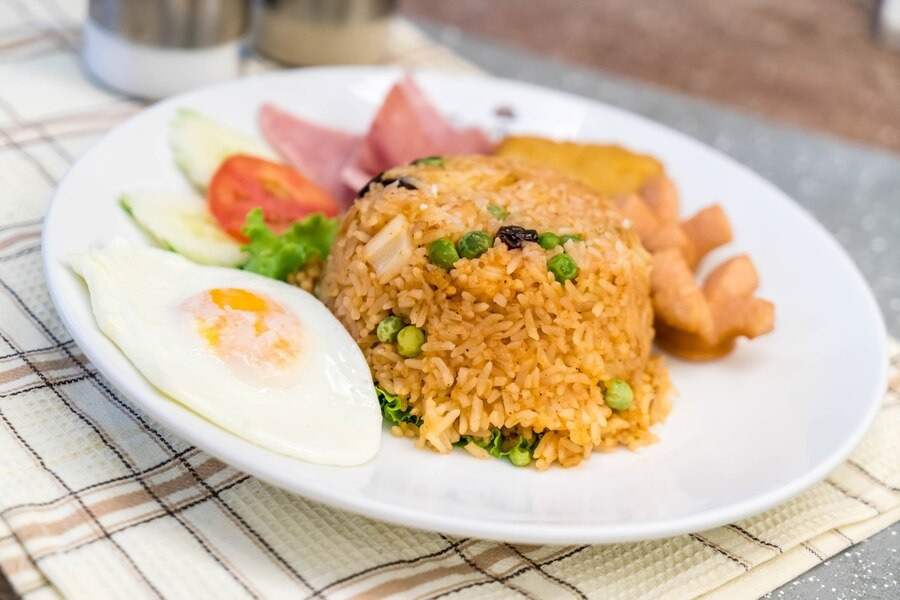Natural radioactive elements can be found in soil, water, and air. Humans can be exposed to these radioactive elements, but the exposure is within safe limits as the levels are very low. The majority of radionuclides occur naturally in the environment, while others result from human activities associated with the use of radiation in the medical and industrial sectors.
However, what is the impact of radioactive residue on food?
Radioactive Effects on Food
Regarding radioactive materials, natural radioactive elements can also be found in the environment, including food. This condition does not require any special action from the government because the radiation exposure is very low.
But in a nuclear radiation disaster, plants and animals can be exposed to large doses of radioactive elements. Over time, these elements can spread to the soil and rivers where plants grow and animals live, eventually accumulating in food.
Consuming food contaminated with large amounts of nuclear waste will have a negative impact on health. The health risks associated with the consumption of foods with radioactive contamination depend on the type of radionuclide element, the amount of radionuclide exposed, and the amount of radioactive element in the body.
One of the dangers of radioactive waste contamination of food is cell damage and an increased risk of cancer. One example of radioactive content that can contaminate food is radioactive caesium. Exposure to radioactive caesium may last for decades in the environment. Exposure to radioactive caesium can lead to an increased risk of several types of cancer.
According to the WHO, not all food production will be contaminated with radiation in the event of a nuclear disaster. Generally, food packed in cans or wrapped in plastic and sealed will be protected from radioactive exposure. However, if some foods are produced in areas that are known to have been radioactively contaminated for a long time, it is advisable to monitor radioactive levels in foods for risk analysis. If deemed necessary, the local government is encouraged to implement mitigation measures to keep the dose of radionuclides consumed by the public as low as possible.
Tips for Eating Food Safely in a Radiation Emergency
Here are some guidelines from the CDC on how to eat and drink safely in a radiation emergency area:
- Eating food in closed or sealed packages, such as canned or bottled food
- Food stored in a refrigerator, freezer, pantry, or drawer away from radioactive materials is safe to eat.
- Before eating, clean the utensils with a clean towel Before use, separate the towel or cloth that has been used to clean the utensils from other utensils and then put it in a bag and store it away from other people or pets.
- Wash hands after preparing food and using cutlery
- Avoid picking or eating food from the garden until local authorities decide it is safe to do so.
- Beverages in sealed containers (bottled beverages) or sealed packages include beverages that are safe to consume
- Beverages stored in the freezer or refrigerator are also safe to drink.
Please note that boiling the beverage does not remove the radioactive elements from the water. For daily supplies, it is advisable to have bottled beverages on hand for safety purposes.
Community-circulating food ingredients and manufacturing must be tested for radioactivity. If food contains unacceptable radionuclides, local governments must monitor and limit consumption and distribution.
If you need medical advice or consultation, you can either visit a doctor or make use of the consultation features that are available in the Ai Care application by downloading the Ai Care application from the App Store or Play Store.
Looking for more tips and information about other health conditions, first aid, and home remedies? Click here!
- dr Hanifa Rahma
WHO. Radioactivity in food after a nuclear emergency. Available from: https://www.who.int/news-room/questions-and-answers/item/radioactivity-in-food-after-a-nuclear-emergency/?
CDC. Food, Drinking Water, and Medicine Safety in a Radiation Emergency. Available from: https://www.cdc.gov/nceh/radiation/emergencies/food_water_safety.html
EPA. Natural Radioactivity in Food. Available from: https://www.epa.gov/radtown/natural-radioactivity-food
Norwegian Radiation and Nuclear Safety Authority. Available from: Radioactivity in food and drink. https://dsa.no/en/radioactivity-in-food-and-environment/radioactivity-in-food-and-drink
Ministry of the Environment. Health Effects of Radiation: 5 Themes. Available from: https://www.env.go.jp/en/chemi/rhm/portal/digest/food/index.html
FDA. FDA Response to the Fukushima Daiichi Nuclear Power Facility Incident. Available from: https://www.fda.gov/news-events/public-health-focus/fda-response-fukushima-daiichi-nuclear-power-facility-incident
CDC. Public Health Statement for Cesium. Available from: https://wwwn.cdc.gov/TSP/PHS/PHS.aspx?phsid=575&toxid=107

